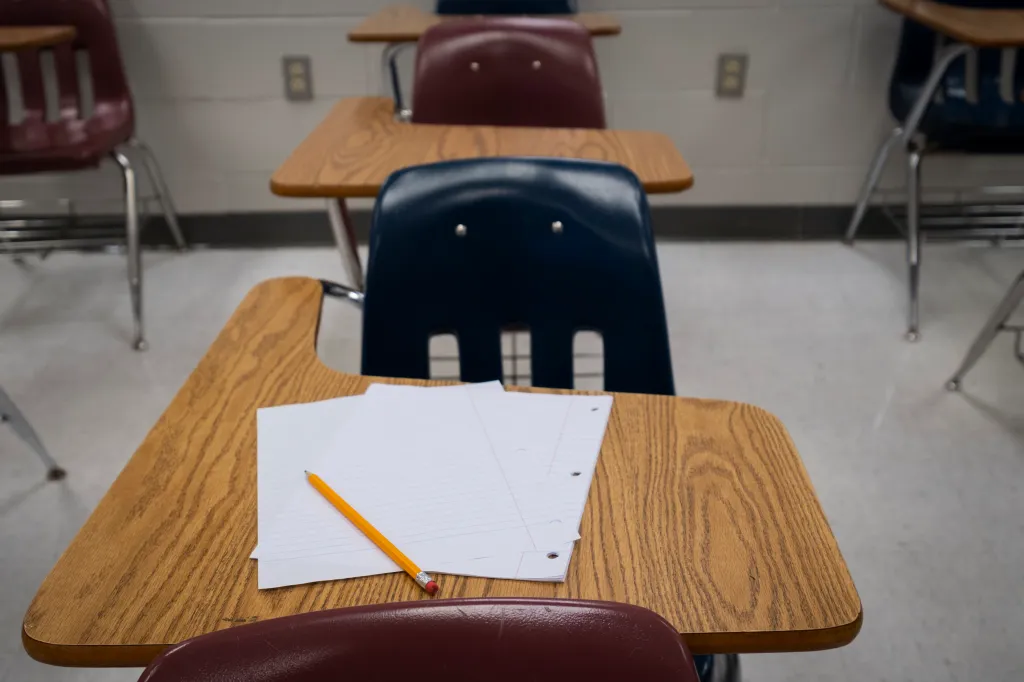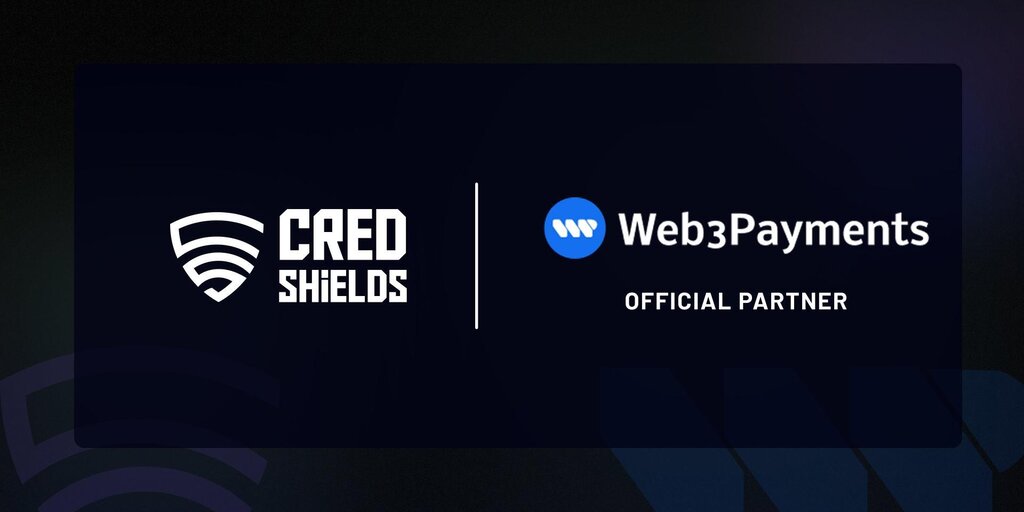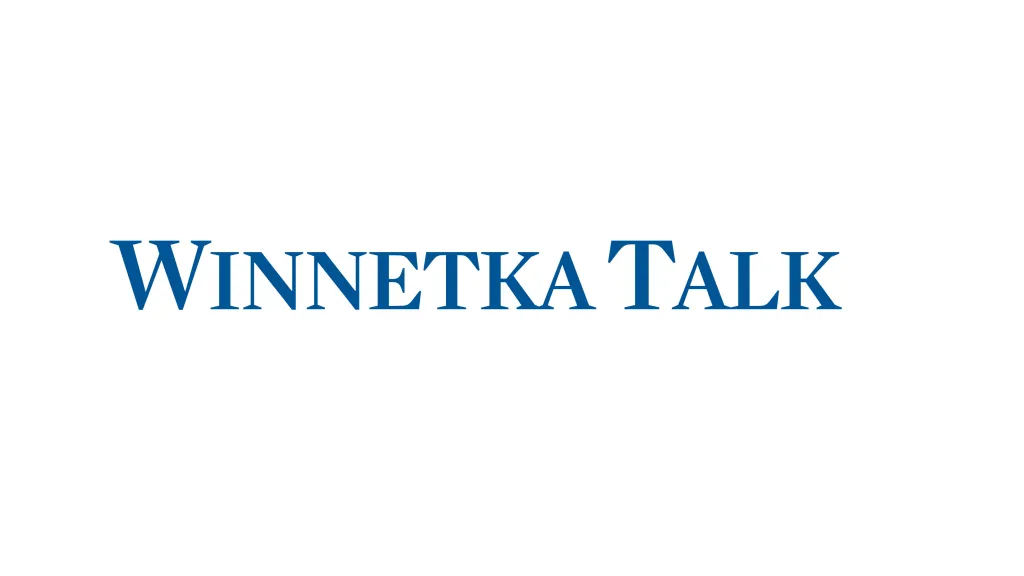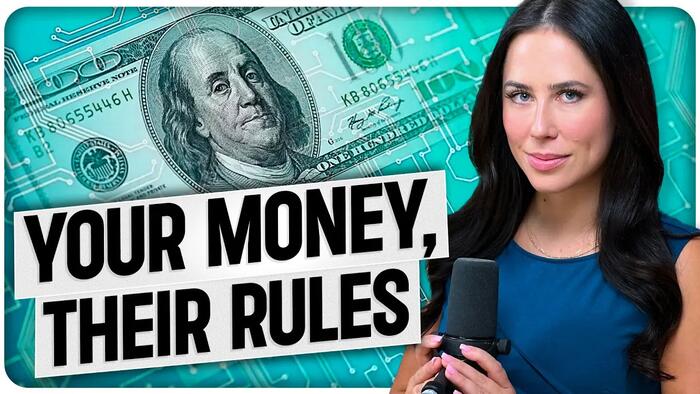Copyright Norfolk Virginian-Pilot

RICHMOND — The homeschooling population has been back on the rise in Virginia for the past two school years. The number of students receiving an education at home increased last school year by 4.3%, according to the Virginia Department of Education. The year before saw an almost 6% increase. Last year, just over 56,000 students received their education at home. That is compared to nearly 1.3 million full-time students enrolled in the state’s public schools. The COVID-19 pandemic created an almost 56% spike in the number of students who were homeschooled during the 2020-21 school year. The next two school years saw a drop. When looked at over a 20-year period that starts with the 2004-05 school year, the number of homeschooled students grew by 221% in Virginia. The top reasons for homeschooling include concerns for safety in public classrooms, fear of poor academic quality, preference for religious instruction and need for specialized education for the child. “I can provide something for my child that the public school [system] isn’t able to offer them,” said Amy Buchmeyer, a staff attorney at the Virginia-headquartered Home School Legal Defense Association, or HSLDA. The HSLDA is a religious organization that works to protect the rights of families who educate at home. It has repeatedly been criticized for its affiliation with the conservative Christian movement and for lobbying for causes outside the scope of homeschooling. Buchmeyer, who was homeschooled, cited a Cardus survey that reported homeschooled students are more well-rounded in other aspects of life. Cardus is a Christian-led think tank and the study was funded by the Baylor Center for School Leadership, a private Christian university. The study split homeschoolers into three groups: short-term, medium-term and long-term. Though they are less likely to pursue higher education past an associate’s degree, long-term students scored the highest in overall mental health and displayed higher levels of optimism and gratitude, according to Buchmeyer. Homeschooled students are more likely to start families and stay married, be active in their communities and start their own businesses, according to Buchmeyer. Differences between homeschool and religious exemption The number of Virginia students who received a religious exemption has also trended up in the past two school years at about the same percent as homeschooled students. There were 6,755 students who received a religious exemption last school year. The VDOE requires parents who choose home education to submit a notice to their local school district at the beginning of the school year and a follow-up report at the end. Religious exemption requires an initial notification of intent with no reports on academic progress, according to VDOE. Buchmeyer did not see this lack of academic reporting for religious exemption as a concern. “If anything, I think there is too much regulation currently placed on home schooling,” Buchmeyer said. Sen. Stella Pekarsky, D-Fairfax, proposed a bill in January to require parents who opted out for religious reasons to abide by the same regulations as homeschooled parents. The bill did not advance out of the Senate. Callie Chaplow, director of government affairs at the Christian-founded Home Educators Association of Virginia, or HEAV, said this was a win for religious freedom. “Virginia has a long-standing tradition and legacy of religious liberty,” Chaplow said. Home education is regulated enough, according to Chaplow. If the bill had passed, it would have been put under the superintendent’s jurisdiction. Pekarsky’s legislation was the most discussed bill among the homeschool community, according to Chaplow. Chaplow homeschooled her children and said they found it beneficial. Homeschool regulation Home education reports vary because there is no standard method of reporting results or monitoring child welfare. “Once homeschool kids are out of an oversight situation, you know, whether that’s those check-ins that are happening or even that yearly reporting, the opportunity for both educational neglect as well as abuse becomes prevalent,” said Tess Ulrey, executive director of The Coalition for Responsible Home Education. The coalition was founded by homeschool graduates. The organization recommends policy changes for home education requirements and published the Make Homeschool Safe Act last year as a model policy outline. The organization supported Pekarsky’s bill. Ulrey said that because mandated check-ins are not necessary, children can be left vulnerable. Homeschool regulation varies from state-to-state. Oftentimes, school representatives are not required to perform regular check-ins on these homes. As of September, 12 states have no requirements to start home instruction, according to the HSLDA. Typically, homeschooled students who submit standardized tests score above the national average, but Ulrey said that data is skewed due to flawed reports. One study by Magnet ABA Therapy found homeschool graduates perform 15% to 25% better on standardized tests, although the research methods for these findings are unclear. Religious exemption is often grouped with homeschooling in statistics, leading to inaccuracies because the educational levels of those students are not known, according to Ulrey. “We also see that homeschool students perform consistently lower in math than their traditional school peers. Reading is kind of a flip from that,” Ulrey said. “We also know that home school children are less likely to attend university.” Ulrey said it creates an interesting juxtaposition to see home-educated students do worse in STEM than the humanities, and it could lead to a discussion on how these aren’t on equal-footing with their peers if they choose to enter higher education. Funding impact at public schools Public school districts face possible funding loss as more parents choose to educate their children through homeschooling, or private schools and charter schools. Both of the latter institutions take funding away from public schools in order to serve smaller populations. Under President Donald Trump’s tax reconciliation bill, also known as the “big beautiful bill,” families can receive tax credit scholarships to use at private schools, including religious ones. Those vouchers could cause Virginia public schools to lose between $222 to $956 million in funding, according to the Virginia Education Association. The next governor could elect not to participate, according to the VEA. “The first opportunity to opt in will come at the start of 2027, and the governor at the time should reject this voucher scheme to protect our public schools,” stated the VEA. Capital News Service is a program of Virginia Commonwealth University’s Robertson School of Communication. Students in the program provide state government coverage for a variety of media outlets in Virginia.



